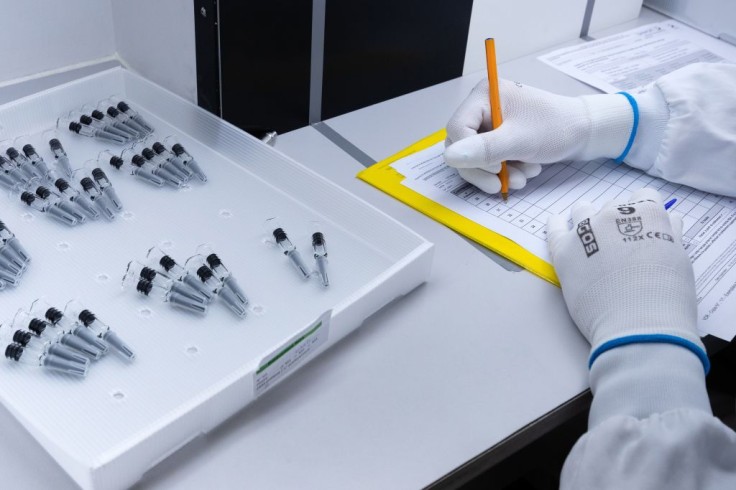Results of a clinical trial published in the New England Journal of Medicine on Wednesday said that new gene therapy could possibly cure hemophilia B, as per Business Insider.
By the end of the 26-week trial, nine out of 10 patients that are recipients of the treatment do not need to receive regular injections anymore. The trial took place in 2020.
While the treatment is still in very early stages of development and ten people is just a small sample size, it has a wider potential, according to the doctor who developed the treatment.
Within three years, the treatment could possibly cure most adults with hemophilia B, according to BBC, as cited by Business Insider.

Patients with Hemophilia B Respond Positively to FLT180a Therapy
Hemophilia B is a rare genetic condition that affects blood clotting. Patients with hemophilia B lack blood clotting factor IX (FIX). The disease could lead to uncontrollable bleeding that can be life-threatening.
According to Interesting Engineering, it is a genetic condition usually inherited from parents. However, about one-third of cases are due to spontaneous gene mutations.
To prevent uncontrollable bleeding, regular injections are given to help their blood clot, a burdensome process.
But with the new gene therapy, the risk could be possibly reduced. Patients with severe or moderately severe hemophilia responded to one round of FLT180a therapy.
FLT180a therapy works by delivering several copies of the gene that codes for the clotting factor to liver cells.
The gene therapy provides the body with the blueprints which are needed to create the gene on its own. This a better procedure than requiring the protein from an outside source.
Therefore, a single injection of gene treatment provides treatment for the condition on a long-term basis.
Read Also: Alzheimer's Disease Cure Found With Revolutionary Gene Treatment?
Gene Therapy to Contribute to the Improvement of Patients' Quality of Life
Based on theory, one injection of the gene treatment could cure the condition for years or decades.
According to Business Insider, throughout the 26-week testing period, trial participants "received doses of varying strengths alongside immunosuppressants."
The result shows that out of the ten patients, five had normal levels of blood-clotting material after the therapy has been administered.
There are three who had increased levels, however, the blood-clotting material is still less than what is considered normal.
According to the New England Journal, there is one participant that had abnormally high levels of factor IX. This led to the development of a blood clot.
There is one patient who saw his levels of blood-clotting material decrease over the 26 weeks, thus, he had to resume injections.
"Removing the need for hemophilia patients to regularly inject themselves with the missing protein is an important step in improving their quality of life," Prof. Pratima Chowdary, a hematologist at the Royal Free Hospital and University College London and lead author of the study, said in a press release.
Meanwhile, Clive Smith, chairman of the UK-based patient association Haemophilia Society, said that the initial data is promising, however, continuous monitoring of the gene therapy trials is necessary, along with other treatments.
A press release said that the trial participants expressed their agreement to be followed for another 15 years. This is in order to monitor how long the gene therapy effect would last and to observe possible effects that may emerge later.
Related Article: Partial Hearing Can Be Restored With New Form Of Gene Therapy









